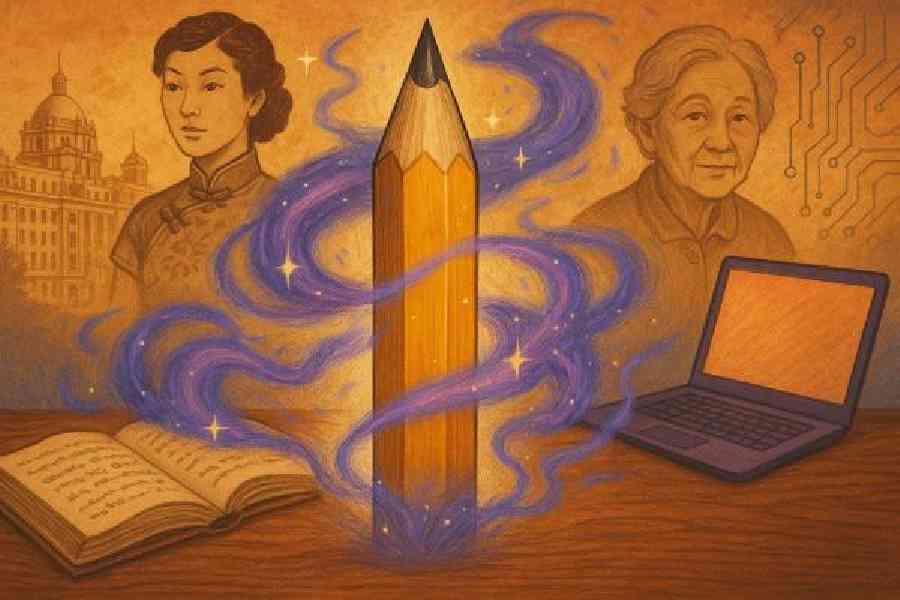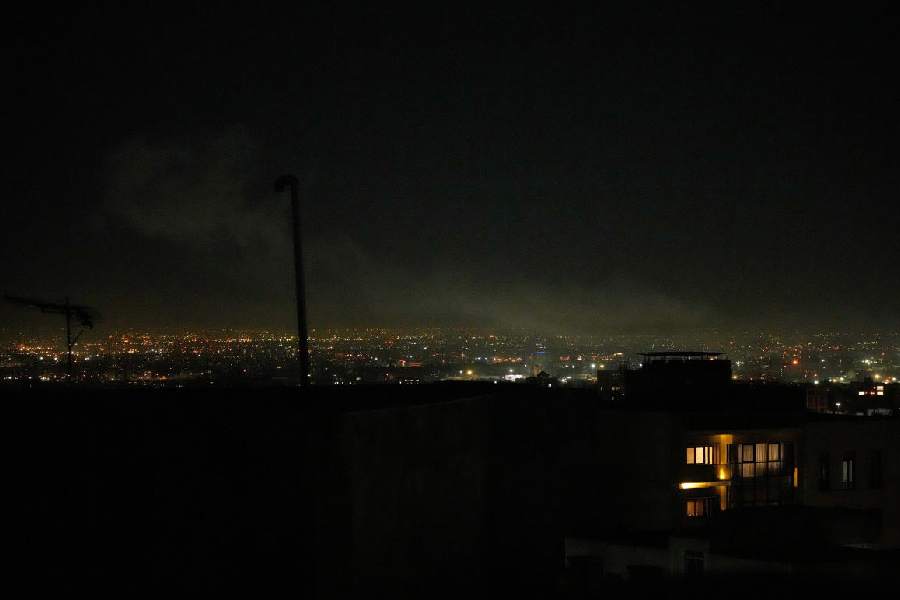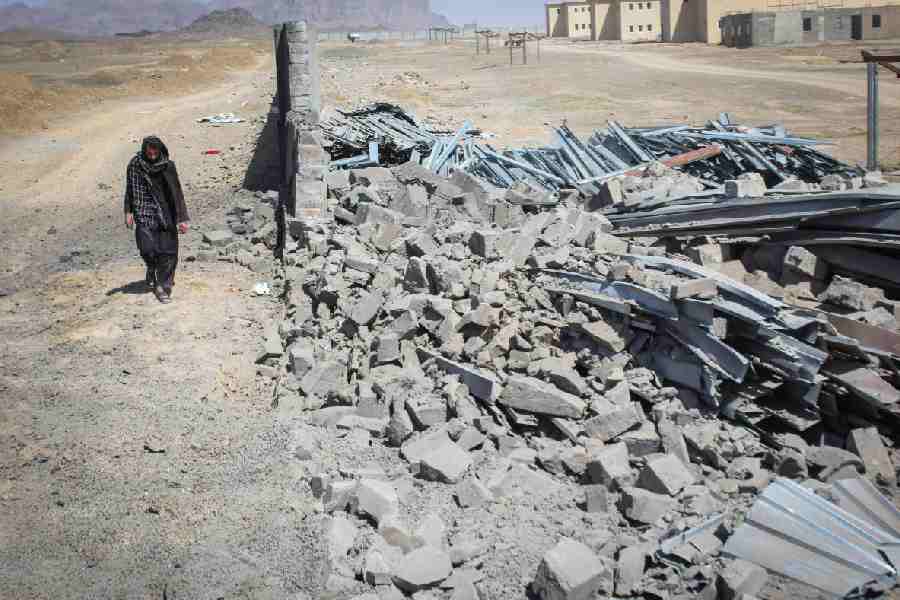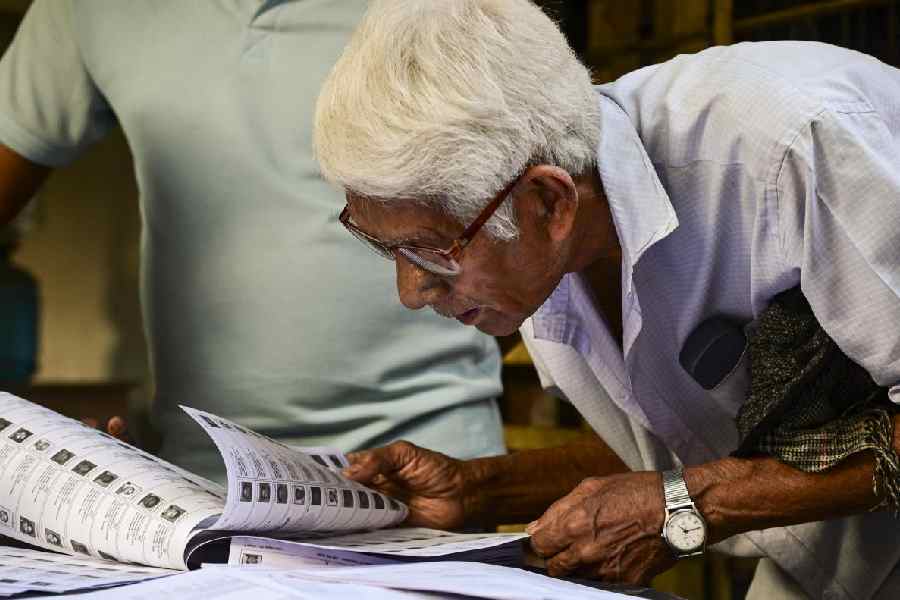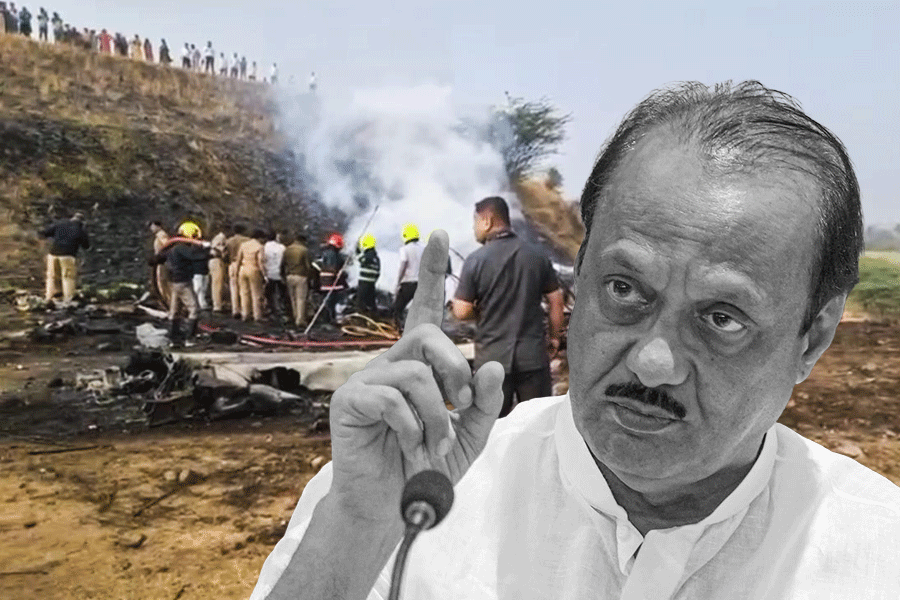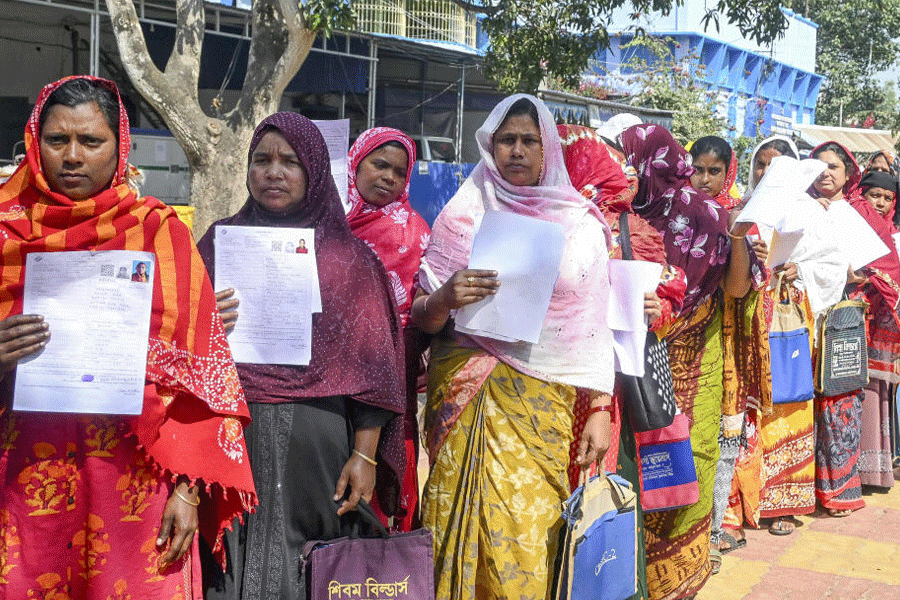Book name- THE PHOENIX PENCIL COMPANY: A NOVEL
Author- Allison King
Published by- Fourth Estate
Price- Rs 499
Allison King’s powerful debut bends genres as it tells a moving tale that weaves magic, history, technology and family into a single, emotionally resonant world. Themes of inheritance, storytelling, and the weight of family legacy are beautifully entwined in this story that is told by two narrators. The first is Monica Tsai, a socially awkward MIT freshman and skilled coder working on EMBRS, a platform for connecting strangers. She’s seeking connection in the digital age while caring for her ageing grandmother. Alternating with Monica’s chapters are the written memories of Yun, Monica’s grandmother, who recounts her life in Shanghai and Taiwan in the 1930s-40s. As a young woman, Yun and her cousin, Meng, worked at the titular Phoenix Pencil Company, discovering a rare magic known as “Reforging” — the ability to recover the memory of anything ever written by a pencil.
Through Yun’s entries, King transports us to wartime China, evoking the cultural richness of Shanghai and the brutality of the Japanese occupation. Yun is forced into espionage, where she uses her power to steal hidden secrets for the Nationalist government. King’s blend of magical realism and historical drama creates a layered narrative where the act of writing — and remembering — becomes both weapon and balm.
Monica’s modern world balances analogue magic with digital reach. Her coding sequences feel especially authentic, rooted in King’s own technology background, and bring forward timely reflections about privacy, identity, and legacy. As her grandmother’s memory fades, Monica uses EMBRS and a gifted "Reforged" pencil to reach out to Meng, aiming to heal the fractures time and history have caused.
The dual timeline occasionally causes pacing challenges; the rapid jumps between decades can feel disjointed too. But the book remains a testament to the magic of narrative, whether etched in graphite or encoded in bits. Reaching into modern dilemmas about memory, connection, and heritage, it also asks: who owns our stories, and how do they shape our present?

